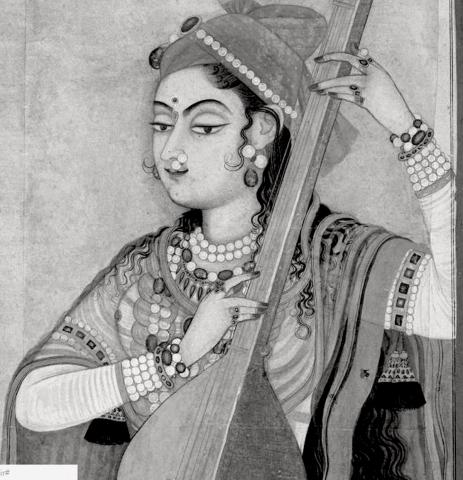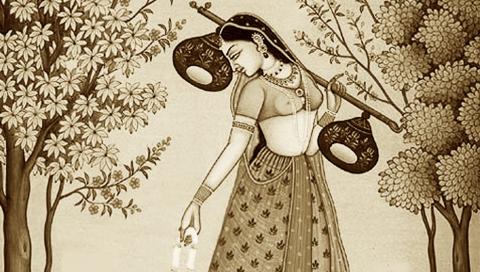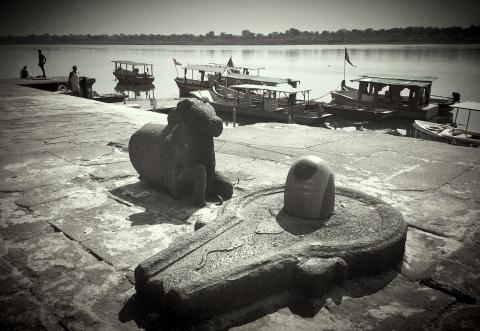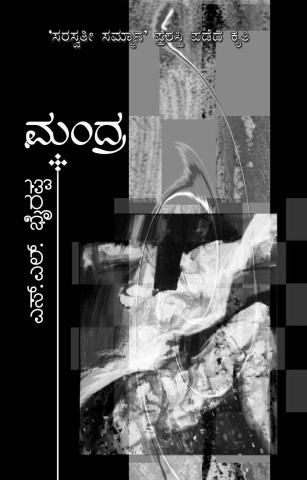
In Ramkumari, sex doesn’t merely remain on the plane of beauty or emotion but elevates itself to the status of a value. Her encounter with her employer, the wealthy lawyer and musical connoisseur Gore is one of the most splendid literary episodes. Indeed, Gore’s character is also quite an extraordinary creation of the author. The sexual attraction that he develops towards Ramkumari is rooted in a complex mixture of emotions: pity, compassion,...

From one perspective, Ramkumari’s character is fundamentally tragic. She is the only character in Mandra who keeps “losing” throughout her life. Her loss isn’t merely her abandonment by Mohanlal or much later, by her own grown-up children who choose their long-estranged father’s fame and wealth over their mother’s lifelong sacrifice in nurturing them.
Dr. S. L Bhyrappa’s artistry once again comes to the fore in the superb Dhwani or suggestion...

The true root and heart of Mandra is located in the music of Raja Saheb and his small Mahadeva Temple overlooking the perennial, gurgling currents of Narmada River amid the dense jungle he has specially grown. In less than ten pages, Dr. Bhyrappa unveils a majestic opulence that at once encompasses the highest and the best traditions of Indian music, its underlying philosophy, its aesthetic goal and its ultimate ideal. He serves us a multi-...

Introduction
In the corpus of Dr. S.L. Bhyrappa’s twenty-three novels, seven stand out as Himalayan peaks in the order of their publication: Vamsha Vruksha, Daatu, Parva, Sakshi, Tantu, Sartha and Mandra. Of these, two share a basic and apparent similarity in the sense that they are the fine artistic and literary specimens of Dr. Bhyrappa’s profound meditations over nearly half a lifetime. These are Sakshi (1986) and Mandra (2002).
It is...
